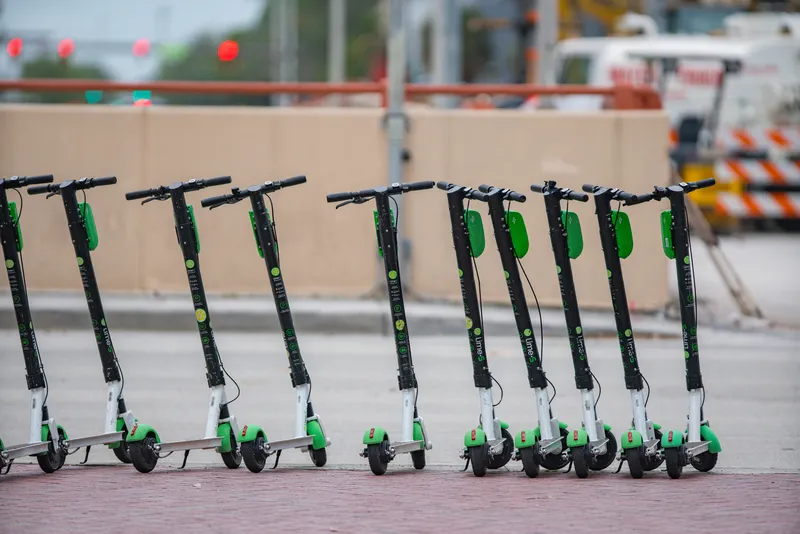Volkswagen will deploy 2,000 all-electric vehicles in Berlin, Germany, under its We Share brand in the second quarter of 2019. The company says it will motivate young, urban users to engage with e-mobility and stimulate interest in the technology. According to Volkswagen, We Share is a free-floating car sharing service which is aimed at providing people who do not own a car with electric vehicles at any time. The first fleet will comprise 1,500 e-Golf vehicles while an additional 500 e-up! models will a
September 3, 2018
Read time: 1 min
According to Volkswagen, We Share is a free-floating car sharing service which is aimed at providing people who do not own a car with electric vehicles at any time.
The first fleet will comprise 1,500 e-Golf vehicles while an additional 500 e-up! models will arrive the following year.
Going forward, Volkswagen intends to roll out the We Share service in Europe and North America from 2020.








